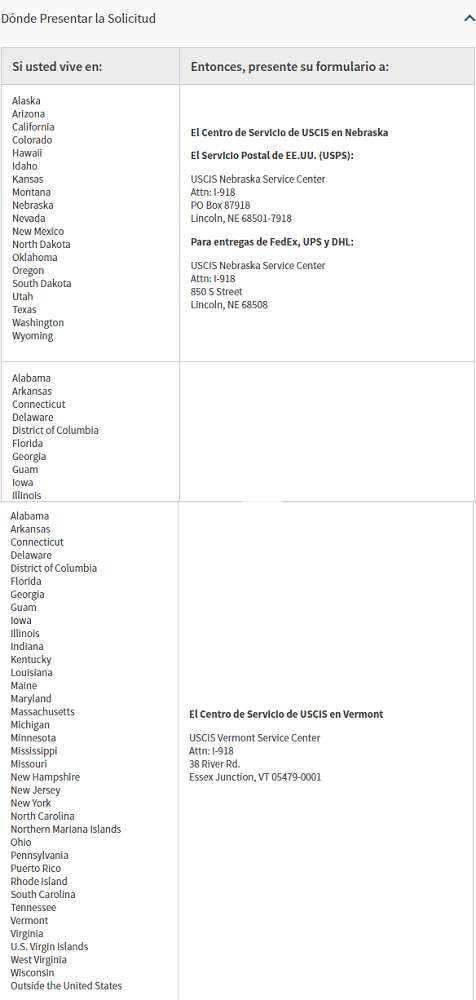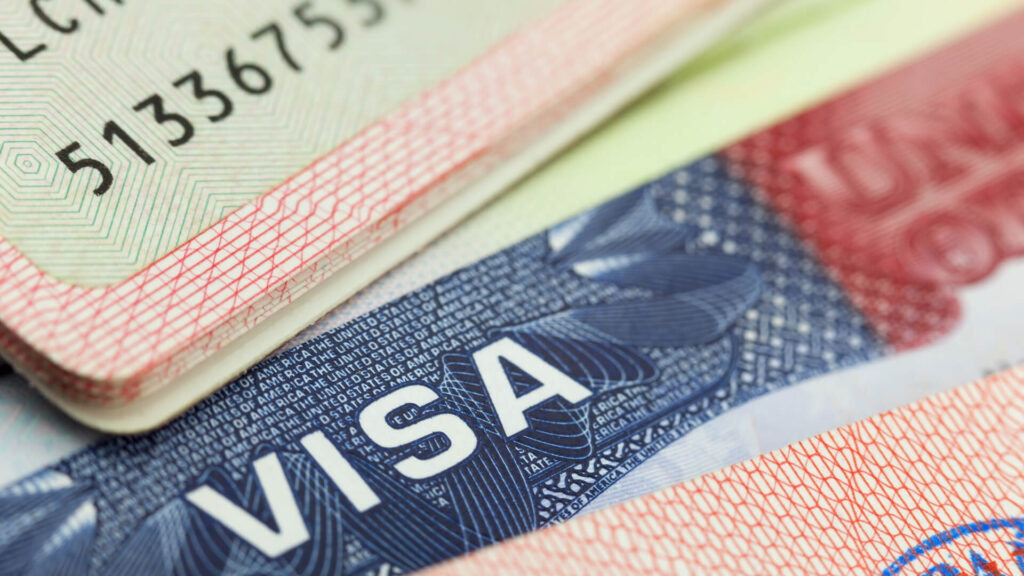u visa for victims of criminal acts
With the recent shooting in Texas, which left a death toll of 19 children and two adults, we are reminded of the importance of the existence of a visa such as the U visa for U.S. non-immigrants, created in October 2000 to strengthen the ability of government agencies to investigate and prosecute crimes committed against migrants, who not infrequently see their rights restricted due to their irregular status.
Who is eligible for the U visa for victims of criminal acts?
It is reserved for victims who have suffered physical or mental abuse and provide assistance (possess relevant information) to law enforcement agencies in the investigation and prosecution of the crimes of: stalking, assault with a weapon, sexual assault, murder, murder, blackmail, abusive sexual content, false imprisonment, sexual exploitation, extortion, foreign labor recruitment fraud, involuntary manslaughter, incest, witness tampering, female genital mutilation, obstruction of justice, perjury, prostitution, kidnapping, criminal unlawful restraint, kidnapping, involuntary servitude, hostage taking, torture, forced labor, slave trade, human trafficking, rape, domestic violence, and any conduct with substantially similar elements to the above, such as hate crimes.
Including the modalities of attempt, conspiracy and solicitation.
Benefits:
- You can apply for a U visa for victims of criminal acts derived for:
- If under 21: Your spouse (U-2), children (U-3), parents (U-4) and unmarried family members under 18 (U-5)
- If over 21 years of age: Your spouse (U-2) and children (U-3)
- It is valid for four years, extendable if necessary:
- At the request of a law enforcement agency
- Due to exceptional circumstances
- Due to delays in consular processing
- Its validity is automatically extended with the filing and processing of a green card application.
- Automatic work authorization for its holder and the possibility of obtaining it for family members
- Special confidentiality and personal data protection considerations apply.
- Denial of the application based solely on information provided by the abuser is prohibited.
- Both the holder and his or her family members are allowed to apply for a green card (for permanent residence) if:
- Has been physically present in U.S. territory for a continuous period of 3 years or more in U.S. nonimmigrant status U
- It has not unreasonably refused to provide assistance to government agencies.
- He does not fall under a ground of inadmissibility: having participated in Nazi persecution or having committed genocide, acts of torture or extrajudicial killing.
To be taken into account
By law, only 10,000 U-1 (holder) visas may be issued annually. However, if there are more applications than that number, the USCIS (United States Citizenship and Immigration Services) will form a waiting list. Those on that list will be granted deferred action or entry clearance and may apply for employment authorization while awaiting a visa.
To apply for the U visa for victims of criminal acts
- As holder: Submit:
- Form I-918, having completed it in accordance with the instructions, and
- Supplement B to Form I-918, completed asinstructed, signed by an authorized law enforcement official who certifies that he or she has contributed or is likely to contribute (you must show that you have no reason not to contribute) to the criminal investigation or prosecution of the case.
- Authorized officials are those belonging to any federal, state, tribal, territorial, or local law enforcement agency, prosecutor, judge, or other authority having responsibility for detecting, investigating, or prosecuting qualifying criminal activity, or convicting or sentencing the perpetrator. As well as those belonging to any agency with jurisdiction over criminal investigation, child and adult protective services or equal employment, opportunity commission or federal and state labor department.
- A personal statement describing the criminal activity of which he/she was a victim
- Evidence that establishes each of the eligibility requirements.


If the request is made from outside the U.S., you must also:
- Follow the instructions sent by the Vermont Service Center.
- If the petition is approved, complete the nonimmigrant visa application from the consular office.
- As a derivative beneficiary: Submit Supplement A to Form I-918, having completed it according to the instructions, to the USCIS Service Center in Vermont.
All U visa applications for victims of criminal acts are free, but the forms are fee-based. To apply for a waiver of the forms, Form I-192 must be completed according to the instructions and attached to the application.



